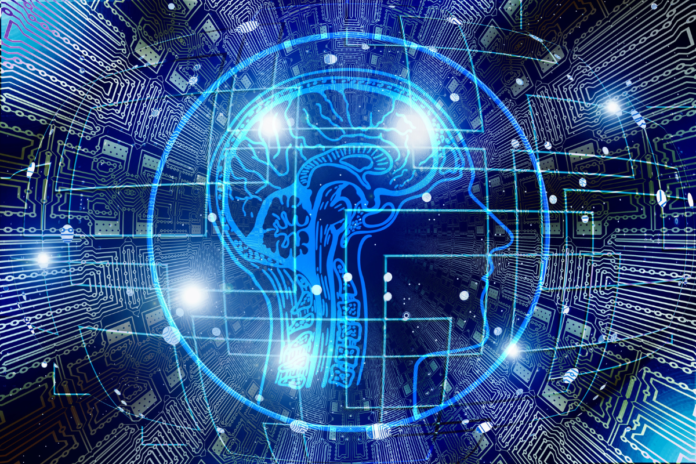In January, Elon Musk disclosed a significant development: the successful implantation of a Neuralink chip into a patient’s brain. This chip facilitated remarkable advancements in the field of neurotechnology. Weeks later, it was revealed that the patient, Noland Arbaugh, a quadriplegic since a diving accident eight years prior, demonstrated the ability to control a computer cursor through thought alone. Recently, a video showcasing this groundbreaking achievement was released.
— Neuralink (@neuralink) March 20, 2024
In the video, Noland, paralyzed from the neck down, engages in a game of chess on a computer. Remarkably, he maneuvers the cursor across the screen and executes moves without physical contact with the mouse or keyboard. His actions are directly driven by his cognitive processes, underscoring the potential of Neuralink technology to restore functionality to individuals with severe physical impairments.
Noland’s testimony offers insight into the transformative nature of the Neuralink implant. He describes the experience akin to wielding telekinetic abilities, akin to those depicted in fictional narratives like Star Wars. Moreover, he shares his utilization of the technology for activities beyond gaming, such as language acquisition and independent computer interaction.
However, this technological milestone prompts considerations beyond its immediate implications. Questions arise regarding the sustainability and safety of prolonged usage, as evidenced by Noland’s eight-hour gaming session necessitating a recharging interval. Nonetheless, the overarching impact of this achievement cannot be overstated. It signifies a remarkable leap forward in the fusion of neuroscience and technology, offering renewed hope for individuals with neurological disorders and disabilities.





